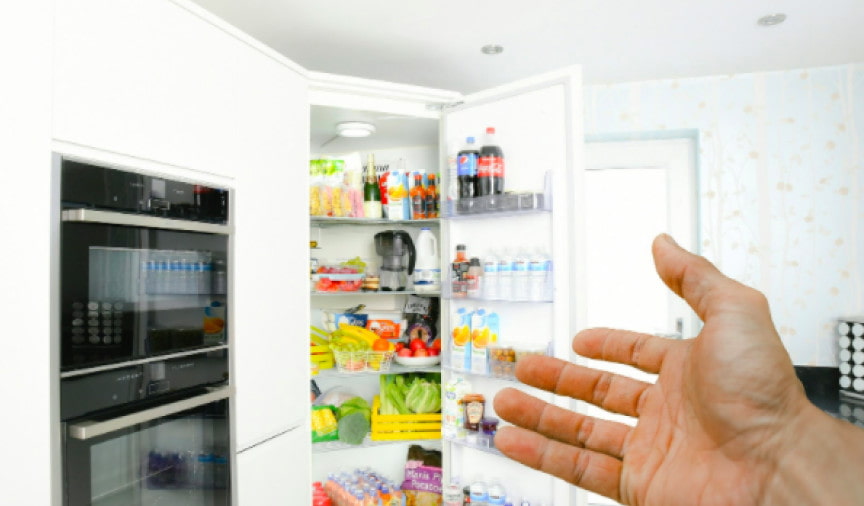Our latest blogs
Landlord’s repair and maintenance responsibilities
Are you uncertain of your repair and maintenance responsibilities as a landlord? Perhaps you’re a tenant with a landlord that’s not meeting their obligations? Either way, we’re pleased to say you’ve come to the right place. Here you’ll find a quick guide to landlord responsibilities regarding repair and maintenance and how to comply with the Landlord and Tenant Act 1987.
Legal Requirements of Boiler Servicing
Landlords who rent out their property are legally required (The Landlord and Tenant Act 1985) to have any gas appliances, such as a boiler, serviced in line with manufacturer guidance. In this guide you’ll find legal information for landlords, including how often a boiler should be serviced and how much it could cost.
Top gas safety tips for tenants
Safety at home is the responsibility of everyone, whether you are a private homeowner, landlord or tenant. Gas safety is of primary importance. It is the responsibility of the property owner (landlord), to keep the gas appliances, efficient and safe in their property. It is common sense for tenants who live in the property, to ensure they are aware that gas appliances in their accommodation comply with gas safety regulations and that they’re safe and running at their optimum level.
What is a Landlord Gas Safety Record (LGSR)?
As a landlord, you are legally required to get all of the gas appliances and flues in your residential properties inspected each year. A qualified gas engineer, who is on the Gas Safe register, must carry out this work. Upon inspection, you will receive a gas safety certificate, often referred to as an LGSR (Landlord Gas Safety Record) or a CP12 certificate. This is essential if you want to let out a property to prospective tenants.
What is an Annual Gas Safety Check?
An annual gas safety check is a yearly inspection of all gas appliances in a home. If you use gas appliances – which most of us do – it’s a good idea to get them checked by a Gas Safe engineer (an engineer vetted by the Gas Safe Registry). After the check, you’ll receive a Gas Safe certificate that lasts for a year.
What is window glazing insurance?
Window glazing protection, in the context of home insurance, protects the windows in your home from unforeseen damage. This should include damage resulting from natural disasters, like extreme winds or storm damage, which can also affect other parts of the house such as the roof. Unexpected accidents caused by humans may also be covered. For example, damage caused by an out of control vehicle crashing into your home or outbuildings and damaging your windows.
What is white goods insurance?
‘White goods’ is a term used to describe a wide range of large household appliances commonly found in the home. Fridges, fridge-freezers, washing machines and cookers are common white good appliances. Other common examples of kitchen white goods are tumble dryers, dishwashers, water heaters, microwaves and air conditioners. Kitchen white goods are also known as electrical white goods.
What is kitchen appliance insurance?
Nowadays, most kitchens contain a plethora of appliances. These broadly fall into two categories. Small electrical appliances, such as toasters, filter coffee machines, sandwich makers and kettles, which are usually reasonably inexpensive to buy, and replace if they are damaged. The other group are the larger kitchen appliances, sometimes known colloquially as white goods. Typical white goods found in the kitchen are; washing machines, dishwashers, tumble dryers, fridges, freezers and cookers, and it is these that are usually included in kitchen appliance insurance.
What is home emergency insurance
It goes without saying that having a good home insurance policy in place is key when it comes to owning a property. In addition, a lot of landlords or homeowners may also have additional measures in place such as security systems and fire alarms to reduce the risk of theft or fire, but what about those unexpected events that you can’t really prevent?











